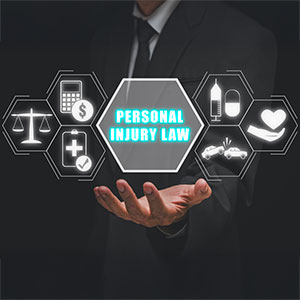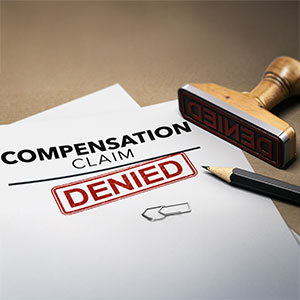Pet Injury Bill Introduced In Florida Legislature
Personal InjurySenator Dana Young and Representative Jared Moskowitz have filed respective bills seeking to legalize compensation for injuries or deaths to pets as result of negligence. Under existing Florida law, pets are considered property for which there is no right to claim a wrongful death or a pain and suffering for an injury. As it stands, the death of a pet is compensable only to the extent of the fair market value of the animal or veterinary bills incurred. Senator Young told the media that this is just not enough for her constituents and that pets are not just a piece of property.
What Does The Bill Propose?
The bills propose a $5,000 maximum award for pain and suffering from losing a pet due to the “gross negligence” of another. Young said to meet this standard, the conduct would have be a complete and conscious disregard for the safety or welfare of the animal. The bill also provides for liability for veterinary bills and the fair market value of the animal upon death. The pet involved must also be a “dog” or a “cat.”
The Secret Life Of A Pet Injury Claim
Before passing a new piece of legislation opening the floodgates of litigation, we should be asking ourselves what greater purpose are we serving to society with this law. I have heard of people spending $10,000, $15,000, and upwards of $20,000 for surgeries by veterinarians for their pets. And then, the pet dies after all of that. I also understand that pets are “like” family to many people.
This bill becomes law, then if you happen to hit someone’s dog with your car (and a jury considers your conduct “gross negligence” because you were texting and speeding in a neighborhood) then you may be responsible to pay $5,000 in pain and suffering to the owner, $5,000 for the value of a “prize-winning” poodle breed, and $10,000-20,000 in veterinary bills incurred before the dog died. Whereas before, at best your legal liability would have been just the fair market value of the animal. As you can see, this proposed law changes a lot as far as legal liability goes.
Personal Injury Parallels
In personal injury litigation, a person’s “reasonable and necessary” medical expenses are awarded after an injury caused by negligence. In most instances, you would expect a person who is injured in an accident to go to an ER where they provide testing and treatment to ensure that the person is not going to die. Car insurance, health insurance, and Medicare all set their reimbursement rates based on national figures for the “reasonable” cost of emergency health care. However, if pet injury compensation is allowed, there are no established limits on what is “reasonable and necessary” treatment for an animal with a particular set of symptoms. Some people may go to further lengths than other owners to protect the health and lives of their pets.
In personal injury law, if a particular treatment is not covered by insurance or Medicare, you might conclude that such treatment is not considered by the government or an insurance company to be needed and, therefore, is probably not “reasonable and necessary.” However, there are no such guidelines when it comes to veterinary medicine because no one has ever had to consider it before.
Are The Courts Prepared To Handle These Claims?
The next question that must be asked is whether our court systems are prepared to handle claims from a new cause of action for liability for injuries to pets. In a typical personal injury case, the insurance company will make the injured person go to a doctor for an “independent medical examination” or “compulsory medical examination.”
The purpose of this examination is to give the defense an opportunity to rebut the plaintiff’s injury claims with evidence produced by an actual examination. This turns many Florida personal injury cases into a so-called “battle of the experts.” If the courts are to hold a defendant legally responsible to pay for damages as a result of a pet injury, due process of law would require the rules of civil procedure to apply to pet injury claims and these cases may become a battle of the veterinary experts to determine the extent of the pet’s injuries.
Just The Tip Of The Iceberg On Legal Issues
These are just some of the legal issues that will be raised in a pet injury case by plaintiffs who are asking for money and insurance companies who are defending against illegitimate claims. This is an area of law to watch as the legislative season progresses.
Talk To A Lakeland Personal Injury Attorney About Your Case
If you have suffered an injury for which someone else may be legally responsible, you should contact a Lakeland personal injury attorney to discuss whether your case is collectible. An appointment with a Lakeland personal injury attorney is free and comes with no obligation.


